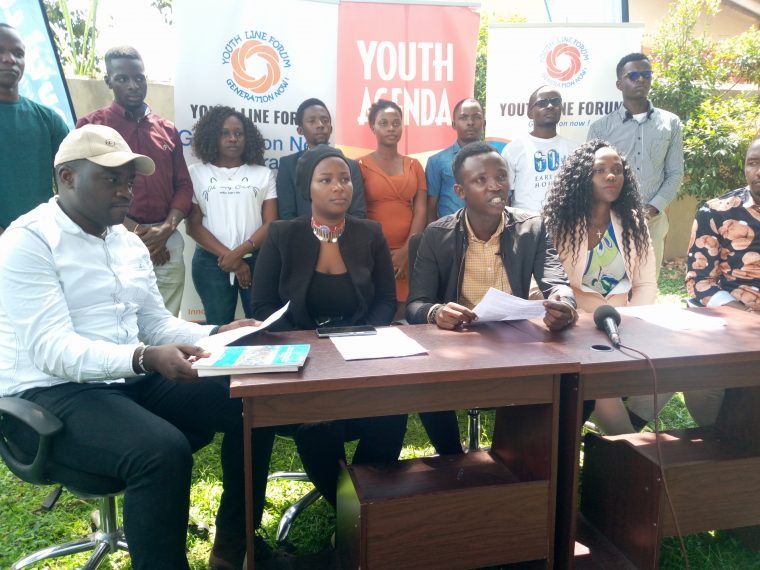
KAMPALA — Regional student leaders in higher institutions of learning have decried persecution of student activists and muzzling of their voices on matters affecting them.
Speaking to reporters after a one week training held in Ugandan Capital, Kampala, the leaders in a joint statement accused authorities in their respective countries of suppressing students’ movements.
The resultant factor, they claim that some students cope by steering clear of any activism that may attract government attention or sanction, succumbing to the chilling effect of harassment.
These kinds of restrictions on students movements —were fully on view in 2019 when students at Makerere University protested against tuition fees increment.
Government troops responded to peaceful protests with excessive lethal force — permanently injuring a number of students and reportedly raping women protesters.
The same examples were cited in Kenya and Tanzania — with leaders calling on legal aid service providers and the media to side with the students on matters affecting them.
Mr. Reagan Muyinda, a student leader from Kyambogo University of Uganda called for revival of student’s activism if students are have their issues addressed by authorities.
Muyimba said that in many universities student leaders get discontinued and blocked from joining any other institutions in the region for “simply standing against bad policies”.
Jeniffer Mukami, a leader at the Multimedia University of Kenya and Vice e Chairperson University President Council of Kenya called for unity among students, saying: “once wefe5 united as students movements with all leaders, we can then speak about these things assertively”.
Albert Maloba, of their umbrella body said social media will help them to expose the injustices meted on them.
He further called upon the legal fraternity to provide pro-bono legal services to students, civil societies and donor community to avail financial, technical and moral resources to the student’s movements.
Youth Line Forum Technical Advisor told reporters that such trainings to students are key for the revival of the activism and rallied other students to join in.
She said the training will also help students to speak with one voice on matters affecting them.
We encouraged them to sit and reflect on issues affecting them as students, their countries and East African region. We know that if students come together and they mobilize they can create the change that we want,” she said.





